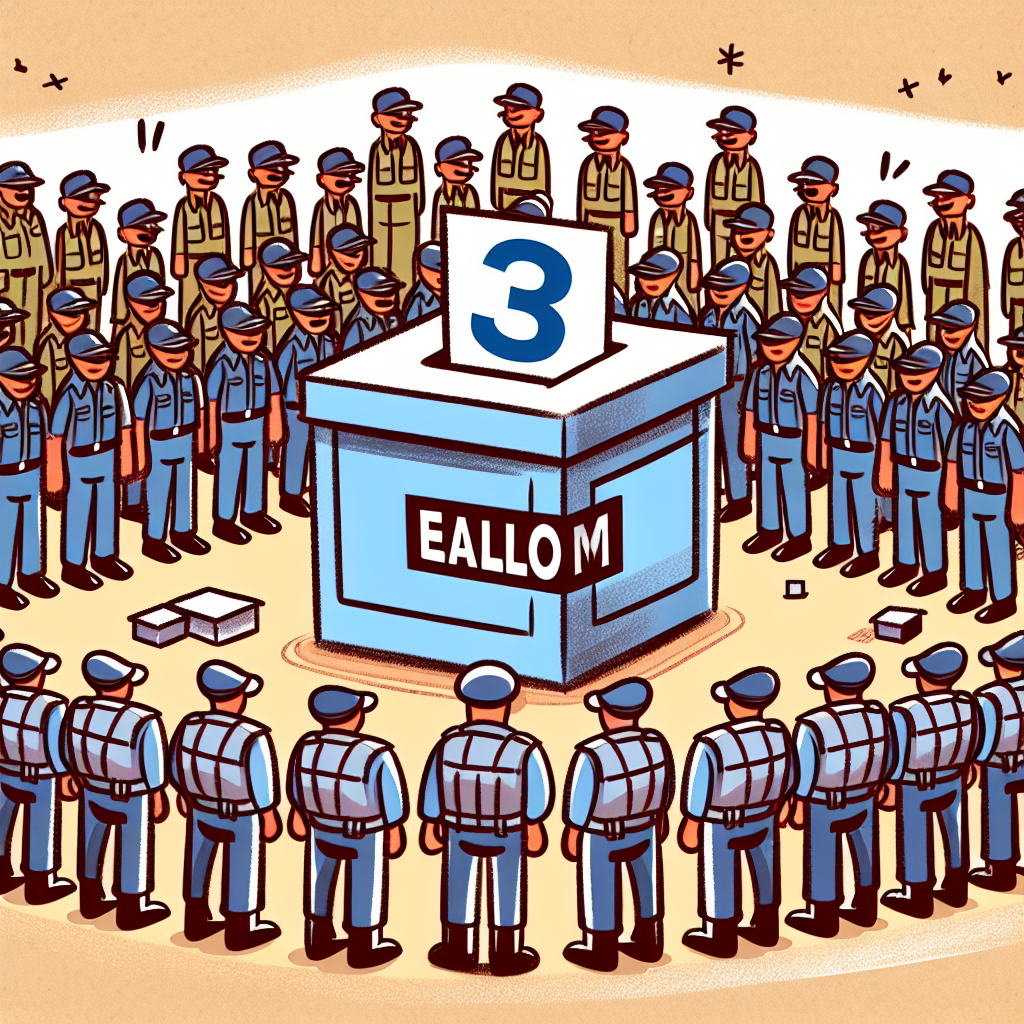Tunisia's Political Crossroads: Saied's Controversial Bid for Power
Tunisia's election sees President Saied seeking a second term amid jailed rivals and opponents barred from running. Once a model of Arab Spring democracy, Tunisia faces tensions as Saied dominated power. Despite declining electoral engagement, his anti-corruption stance retains support, contrasting with economic difficulties.

Tunisians cast their votes on Sunday in a high-stakes election as President Kais Saied vies for a second term, following the sudden jailing of his main rival last month, with most opposition figures either imprisoned or barred from participating.
Once hailed as a rare success story of the 2011 'Arab Spring,' Tunisia's democratic landscape is under threat. Critics accuse President Saied, who assumed power in 2019, of eroding the country's democratic gains by removing legal and institutional checks. Meanwhile, Saied defends his actions as a fight against corruption.
Amid heightened political tensions and economic woes, voter turnout reached only 14% by midday. With the opposition barred, many Tunisians remain disenchanted with the political process. Still, some citizens rally behind Saied's anti-corruption message, despite the country's economic struggles and power shortages.
(With inputs from agencies.)
ALSO READ
Speaker adjourns Odisha Assembly as opposition MLAs stage protest over Polavaram project
Opposition Protests Over Adani Issue Echo in Parliament
Japan's main opposition leader calls for gradual BOJ rate hikes
South Korea ruling party maintains opposition to impeaching President Yoon, MP says
UPDATE 2-Japan's main opposition leader calls for gradual BOJ rate hikes










